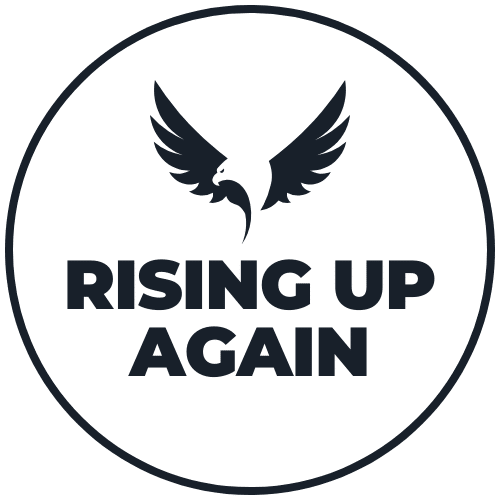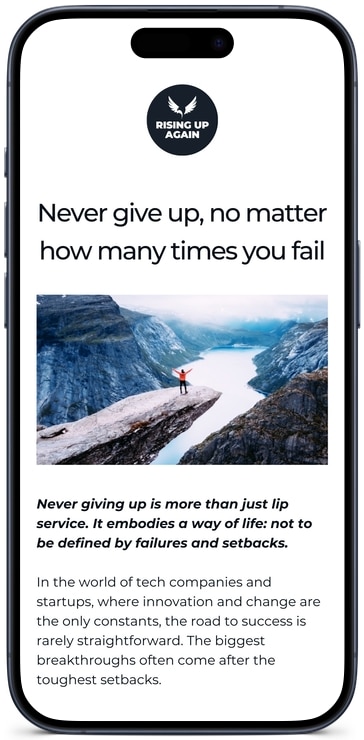There are certainly divided opinions as to whether a growth mindset is relevant for aspiring entrepreneurs and young leaders. Looking back, I thought about it differently in my 20s than I do now.
At the time, I thought of all this mindset stuff as just talk. One reason was certainly my “juvenile naivety.” Another reason was that I had a completely different understanding of the term growth mindset.
A few years older and richer with some life experiences, there have been a few moments where I became aware of the difference the right mindset, especially a growth mindset, can make.
What is a growth mindset?
Without going into too much scientific detail here, let’s take a quick look at what is meant by a growth mindset.
A growth mindset is the belief that one’s skills and intelligence can be developed and improved over time through hard work, dedication, and perseverance. In contrast to this is the so-called fixed mindset, which assumes that skills and intelligence are innate and cannot be changed.
A growth mindset can have a positive impact on various aspects of life, including personal relationships, academic achievement, and professional development.
How a growth mindset can benefit you
- Personal relationships: A growth mindset allows you to approach relationships with openness and a willingness to learn and grow. This can lead to healthier and more fulfilling relationships with friends and family members.
- Academic achievement: A growth mindset can help you overcome obstacles and challenges in your academic pursuits. Rather than giving up when faced with difficulties, you are more likely to persevere and find ways to improve.
- Professional development: In the workplace, a growth mindset can lead to more innovation and creativity as well as the willingness to take on new challenges and responsibilities. It can also help you recover from setbacks and failures that are inevitable in any career.
Overall, developing a growth mindset can help you lead a more fulfilling and successful life. When you believe you can improve and grow, you become more resilient, adaptable, and open to new opportunities and experiences.
Why a growth mindset is relevant
In my experience, accepting challenges, learning from mistakes, and continuously improving is an important prerequisite for aspiring entrepreneurs and young leaders. A growth mindset can be the basis for this.
Here are some ways to develop a growth mindset:
- Accept challenges and see them as opportunities for growth. Do not shy away from difficult tasks, but see them as an opportunity to learn and improve.
- Learn from failures and mistakes instead of thinking about what went wrong. Reflect on your experiences and think about what you can do differently next time.
- Surround yourself with positivity and support. Look for mentors and peers who have a growth mindset and can offer encouragement and guidance.
- Practice self-reflection and self-improvement. Take the time to assess your strengths and weaknesses and work on developing new skills and knowledge.
- Celebrate progress and small wins. Recognize and appreciate the steps you have taken toward your goals, no matter how small they may seem.
Final thought
Be aware that developing a growth mindset is an ongoing process that requires effort and dedication. With this attitude, however, you can approach challenges with self-confidence and optimism — achieve small and large successes in both private and professional life.



